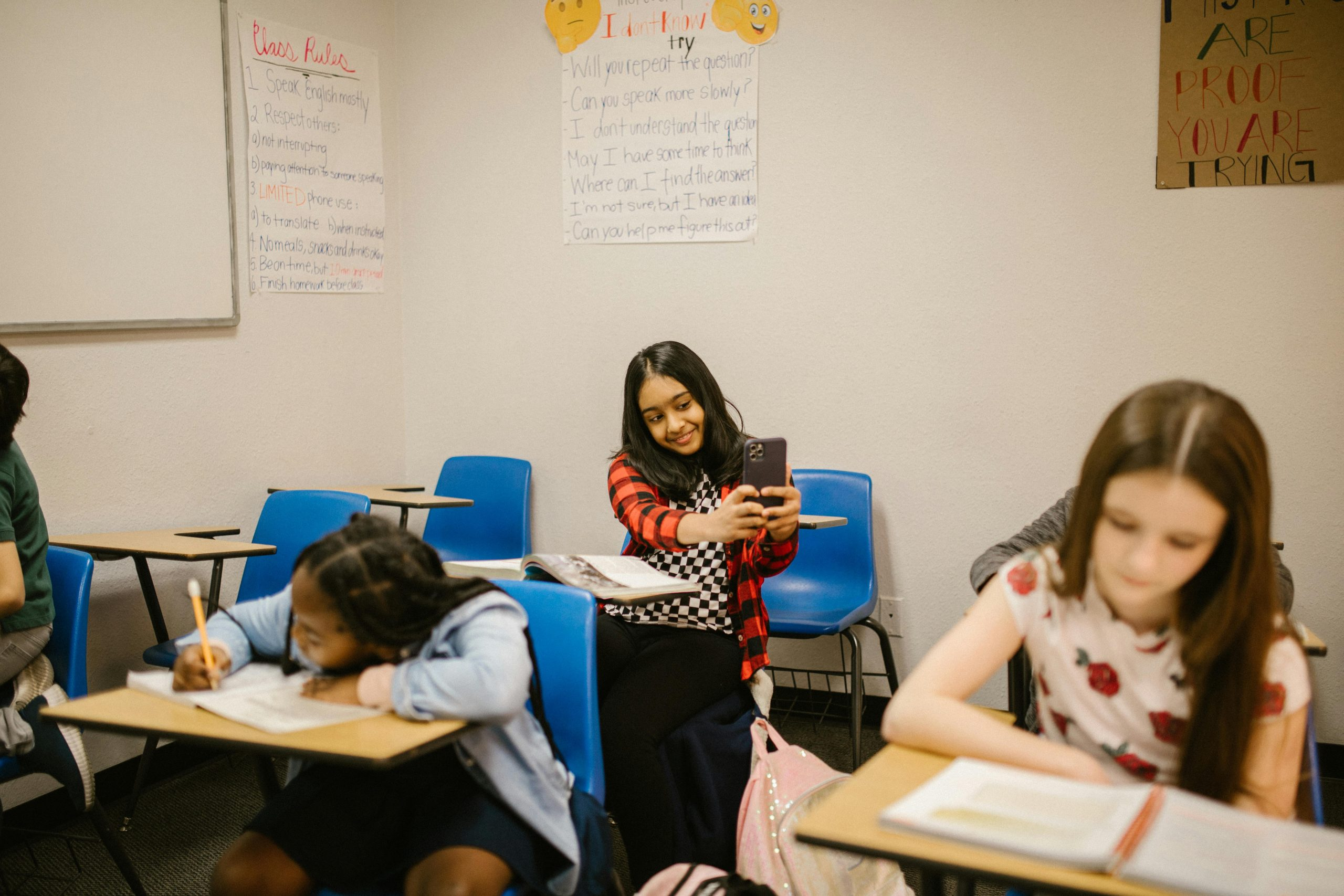Self-Advocacy: Empowering Students to Speak Up
Have you ever been in a situation where you wanted to speak up but felt too nervous or scared to do so? This is a common experience for many students, especially when it comes to advocating for themselves. In a society that often values compliance over individual needs, self-advocacy is a crucial skill for students to learn. By empowering students to speak up and advocate for themselves, we can help them become more confident and successful in all aspects of their lives.
The Importance of Self-Advocacy
Self-advocacy refers to the ability to speak up for oneself, express needs and wants, and make decisions that will positively impact one’s own life. This skill is especially important for students as it allows them to take ownership of their education and future. By advocating for themselves, students can ensure their voices are heard, their rights are respected, and their needs are met.
Improved Communication Skills
One of the key benefits of self-advocacy is the development of strong communication skills. When students learn to advocate for themselves, they are also learning to effectively communicate their thoughts, feelings, and needs to others. This not only helps in academic settings but also in personal and professional relationships. By learning to express themselves confidently and assertively, students can build stronger connections and become more effective communicators.
Increased Self-Confidence
Self-advocacy also plays a crucial role in developing self-confidence in students. When students learn to advocate for themselves, they are essentially taking charge of their own lives and decisions. This sense of independence can significantly boost their self-esteem and self-worth. By trusting in their ability to speak up and make choices that benefit them, students can develop a stronger sense of self-confidence, which can positively impact all areas of their lives.
Empowerment and Ownership
By empowering students to speak up and advocate for themselves, we are giving them ownership of their education and future. This can lead to a sense of control and empowerment that can be transformative. When students feel that their needs and opinions are valued, they are more likely to engage in their education and take responsibility for their own learning. This not only benefits the students but also creates a more inclusive and supportive learning environment.
Teaching Self-Advocacy
Self-advocacy is a skill that can and should be taught to students of all ages. Here are some effective ways to help students become self-advocates:
Modeling
As teachers and adults, we play a crucial role in modeling self-advocacy for our students. By setting an example of confident and respectful communication, we can encourage our students to do the same. This means acknowledging our own needs and advocating for ourselves when necessary. Remember, actions often speak louder than words.
Providing Opportunities
One of the best ways to teach self-advocacy is to provide students with opportunities to practice it. This can be done through classroom discussions, role-playing activities, and real-life situations. For example, asking students to speak up about an issue they are passionate about or encouraging them to ask for help when needed can be powerful learning experiences.
Encouraging Self-Reflection
Self-reflective practices can help students become more aware of their needs and how to effectively express them. This can be done through journaling, self-assessments, and peer evaluations. By encouraging students to reflect on their strengths and areas for improvement, we can help them become stronger self-advocates.
Conclusion
Self-advocacy is a crucial skill for students to develop. By empowering students to speak up for themselves, we are not only helping them become more confident and successful individuals, but also creating a more inclusive and supportive society. As educators, it is our responsibility to teach and model self-advocacy, so our students can become their own best advocates. Let’s give our students the tools they need to speak up and make a positive impact in their own lives and the world around them.










